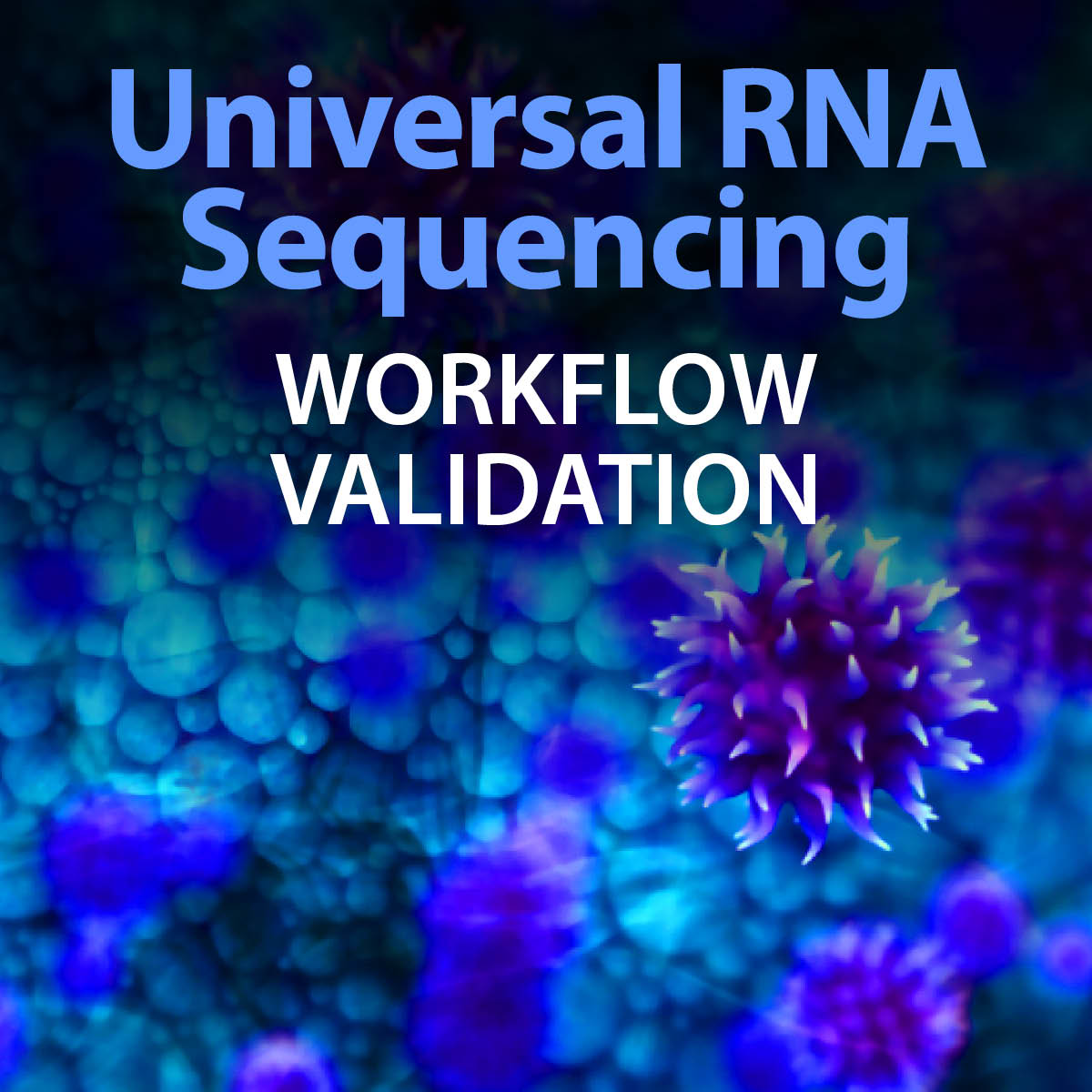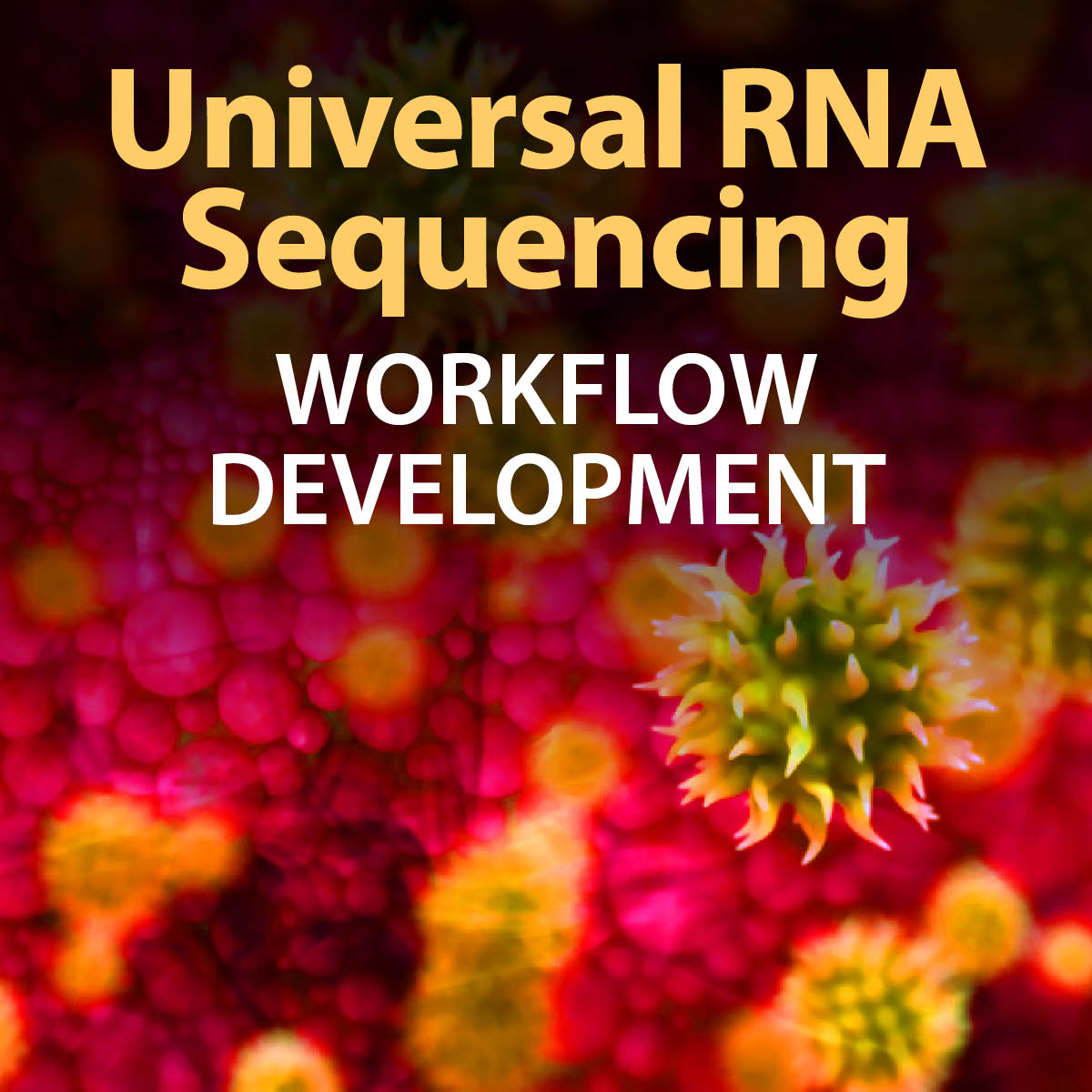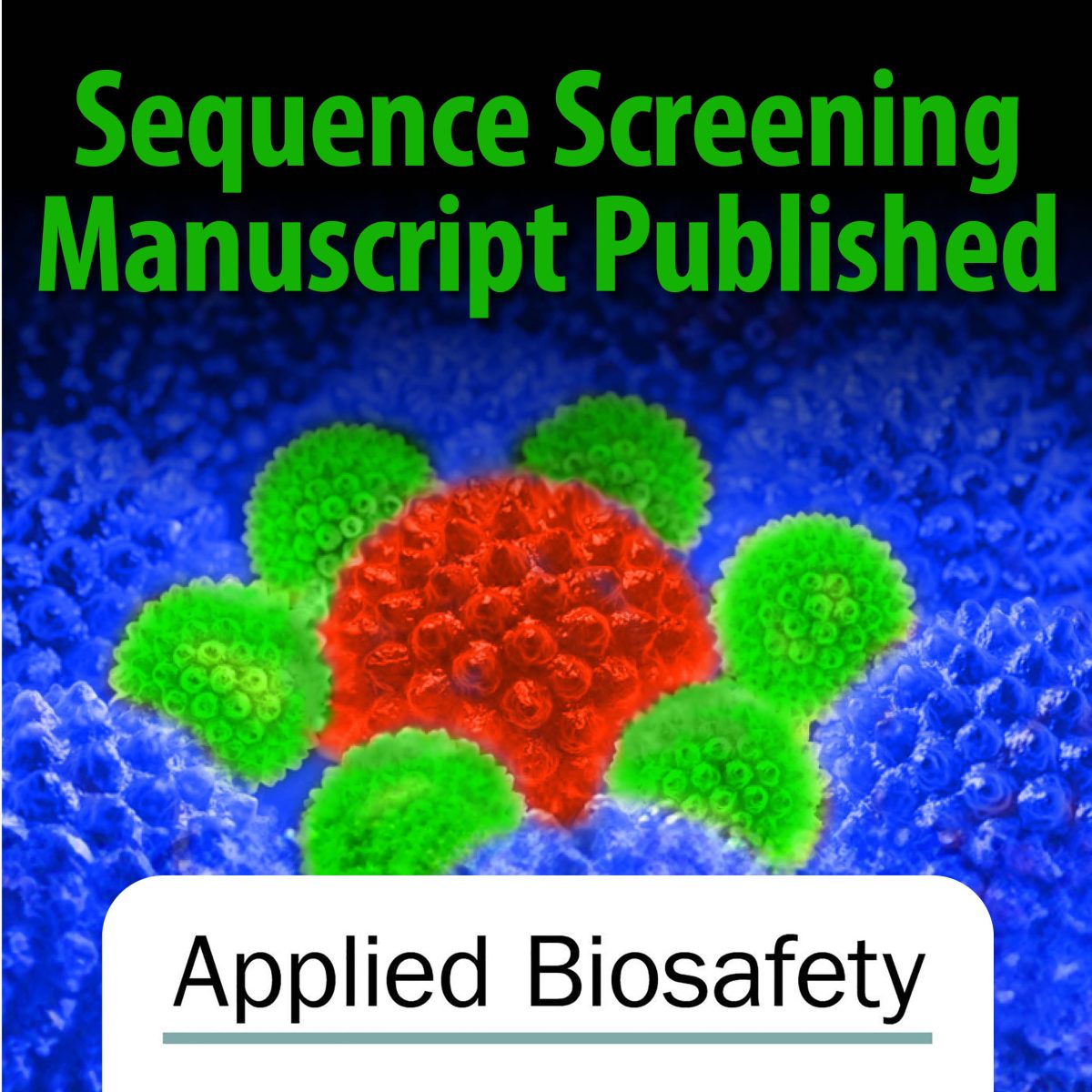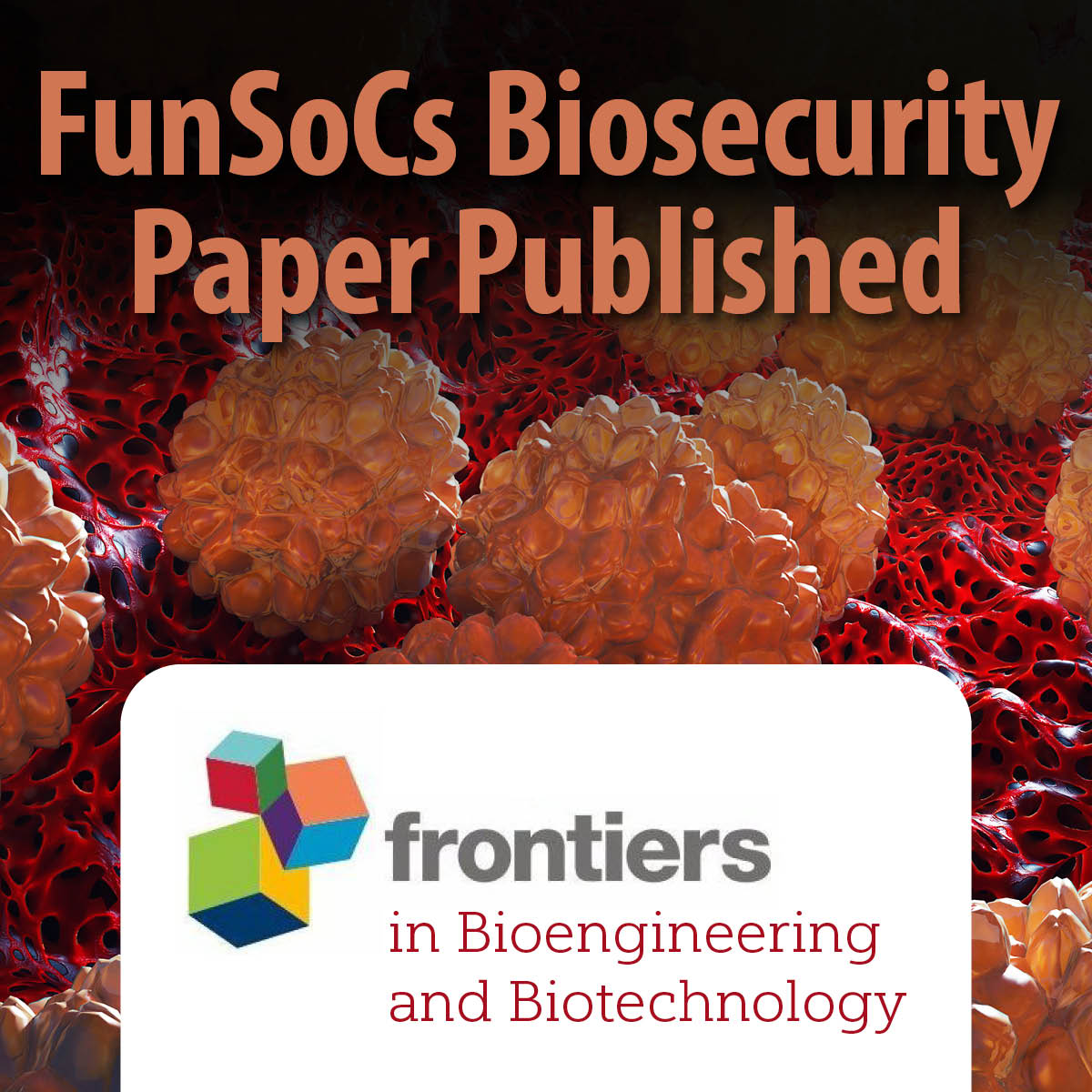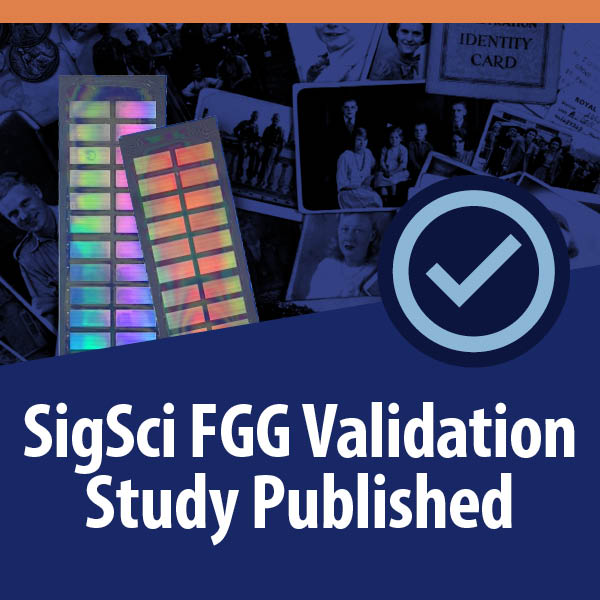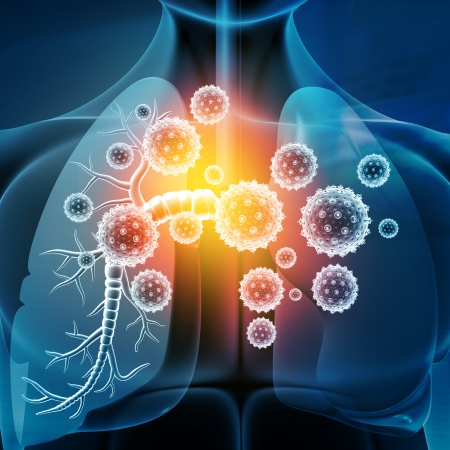
Containerized Model Engines for Operational Disease Forecasting
Abstract: Operational infectious disease modeling efforts are important to public health response before, during, and after outbreak events. Recent collaborative initiatives have demonstrated the success of hubs, which openly solicit modeling output from contributors. Automation techniques can help improve timeliness of submissions to hubs. Furthermore, we suggest that containerization approaches... MORE

